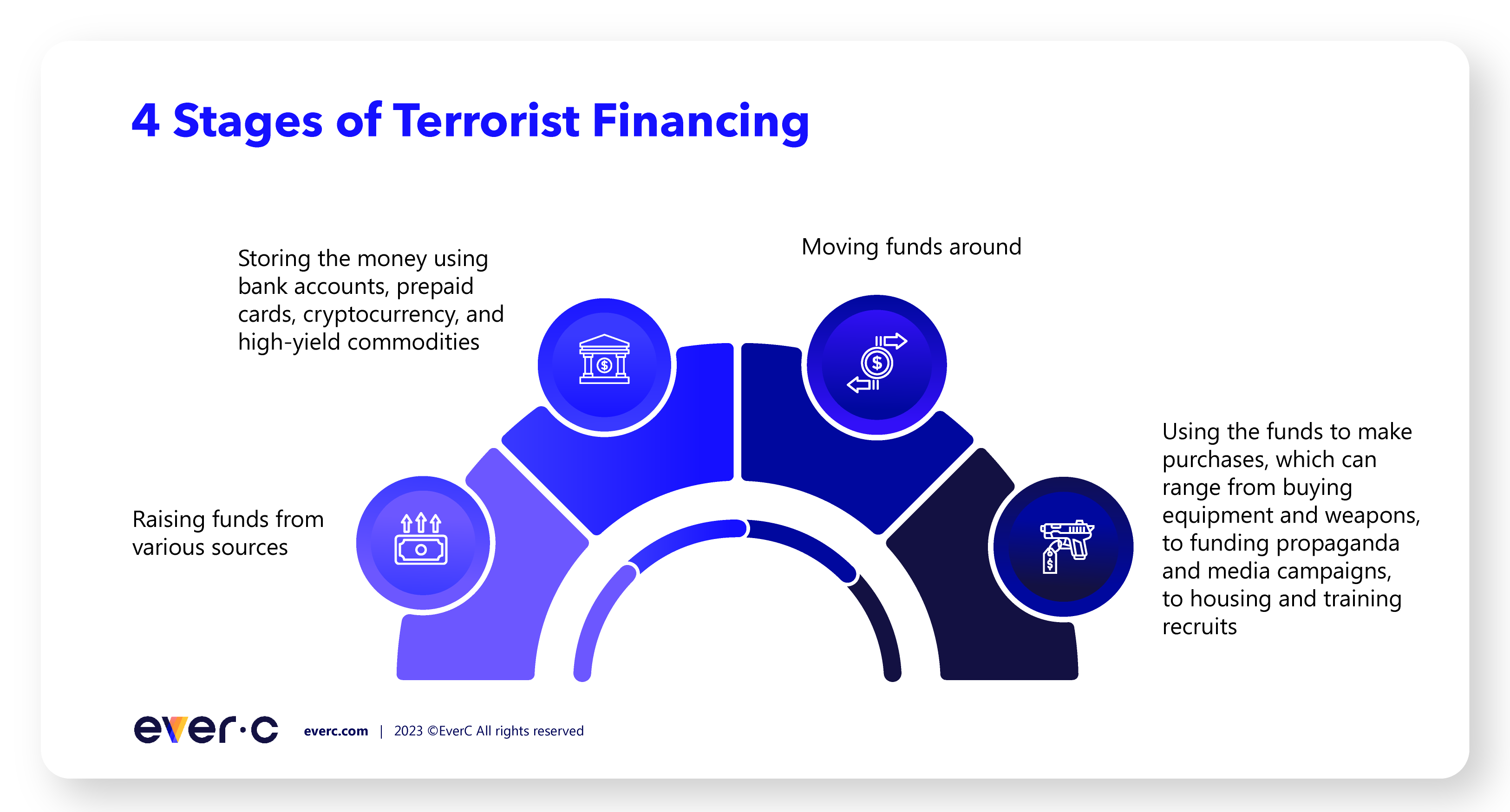Financial crime has advanced rapidly with the evolution of digital technology. Today, its social and economic impacts are enormous and far-reaching, transcending national borders and threatening economies across the globe.
While financial crime falls under white collar crime, it is often closely linked to more sinister criminal activity, including terrorism. According to Interpol, “Financial crime ranges from basic theft or fraud committed by ill-intentioned individuals to large-scale operations masterminded by organized criminals with a foot on every continent.”
What is financial crime?
Financial crime is any kind of criminal conduct relating to money, financial services, or markets, including any offense involving:
- Fraud or dishonesty
- Misconduct in or misuse of information relating to a financial market
- Handling the proceeds of crime
- The financing of terrorism
7 types of financial crime
Here are the seven main types of financial crime:
- Market manipulation
This is abuse aimed at interfering with normal market forces. There are three types of market manipulation: wash trading, insider trading, and cornering the market.
- Bribery and corruption
Bribery is the practice of offering something, usually money or in-kind benefits, to gain an illicit advantage, while corruption is the abuse of position to gain an undue advantage.
- Tax evasion
The result of individuals or legal entities who fail to pay or underpay taxes that are due to the government. Evasion differs from avoidance, which is the legal use of tax laws to reduce tax burden.
- Sanctions evasion
The illegal evasion of sanctions. Sanctions are economic restrictions on a country or individual. Sanctions can apply to individuals, entities, and vessels, as well as entire countries or certain geographies. They can also apply to specific industries in certain countries.
- Fraud
Fraud is wrongful or criminal deception intended to result in financial or personal gain. Fraud can be internal, committed by an employee or someone associated with an organization. Embezzlement is an example of internal fraud. External fraud is perpetrated by a source outside an organization. This could be a customer, vendor, a ring of individuals, organized crime, or a terrorist group.
- Money laundering
This is the process of concealing or disguising the existence, source movement, destination, or illegal application of illicitly derived property or funds, to make them appear legitimate. Money laundering has three phases: placement, layering, and integration. Placement involves depositing money received from an illegal source into the financial system. Layering is the transfer of funds to third parties, or to other accounts belonging to criminals. Integration is the use of these funds to make purchases of items, such as real estate, luxury items, or weapons.
- Terrorist financing
This is the process terrorists use to fund their operations in order to perform terrorist acts. The process typically includes four stages.
These are 1) raising funds from various sources; 2) storing the money using bank accounts, prepaid cards, cryptocurrency, and high-yield commodities; 3) moving funds around; and 4) using the funds to make purchases, which can range from buying equipment and weapons, to funding propaganda and media campaigns, to housing and training recruits.

Financial crime has a far-reaching impact. It costs organizations and individuals billions of dollars each year, and those costs trickle down to affect us all. But the impact is more than economic. Financial crime also strikes at human victims, because it is often linked to criminal practices such as human trafficking, exploitation, and child labor.
The human cost of financial crime is what drives us to fight it. That’s what we do at EverC, every day.